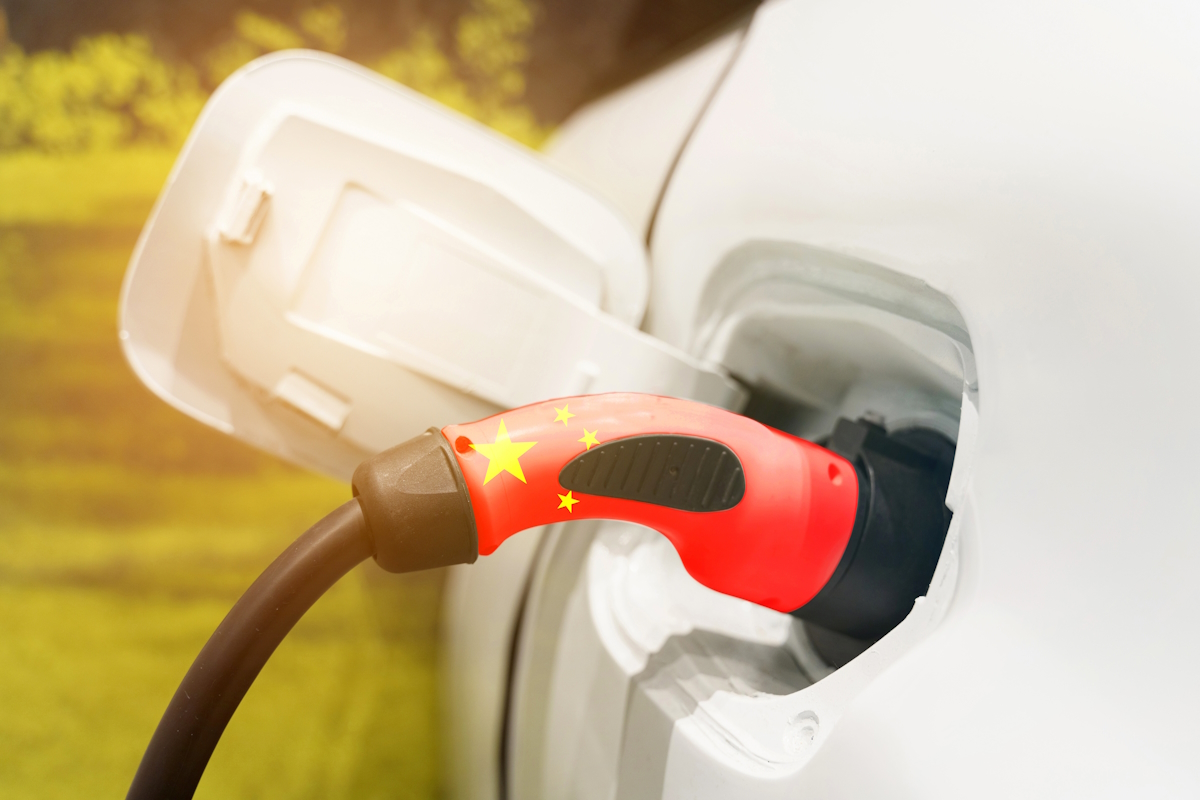The European Union is raising tariffs on imported electric vehicles (EVs) from China. Additional tariffs of between 17.4% and 38.1% will be added to the existing EU tariffs of 10%. The amount depends on the car manufacturer, the European Commission said in a statement. BYD’s EVs will be subject to 17.4%, Geely Holding faces 20%, and state-owned SAIC Motors will be hit with 38.1%.
The countervailing duties are still provisional at this stage but will be introduced from 4 July if negotiations with the Chinese authorities do not lead to a solution.
The European Commission started the anti-subsidy investigation into EV imports from China in October 2023. The country’s EV industry “benefits from unfair subsidisation, which is causing a threat of economic injury,” the Commission concluded on Wednesday.
The EU’s move follows the USA’s announcement last month to raise 100% tariffs on EVs imported from China and 25% on lithium-ion EV batteries and battery parts.
China has already responded to the EU’s announcement, saying the move would exacerbate trade tensions and harm European consumers. For Beijing, the EU is a vital and growing market for its auto industry, especially EVs. The Ministry of Commerce said it would take “all necessary measures to firmly defend the legitimate rights and interests of Chinese companies.”
European car manufacturers expressed concerns following the announcement of the fresh set of tariffs. In a statement, Volkswagen said that the “timing of the EU Commission’s decision is detrimental to the current weak demand for BEV vehicles in Germany and Europe … The negative effects of this decision outweigh any potential benefits for the European and especially the German automotive industry.”
Ola Kaellenius, CEO of Mercedes Benz, told Reuters, “As an exporting nation, we do not need increasing barriers to trade. We should work on dismantling trade barriers in the spirit of the World Trade Organization.”
Many European car manufacturers have production facilities in the People’s Republic and not only sell there but also ship to Europe.
Research provider Rhodium Group sees major price discrepancies in both EV markets. This had encouraged manufacturers to export their cars from China to Europe. “Intense competition in a saturated Chinese market has led to a price war there and forced manufacturers to boost efficiencies in the pursuit of ever-lower production costs,” Rhodium Group found.
According to the research provider, EU imports of EVs from China surged from $1.6 bn in 2020 to $11.5 bn in 2023, making for 37% of all EV imports.
Do the new tariffs really hurt?
A study by Rhodium Group found that the EU tariffs on Chinese EV imports are unlikely to be high enough to slow market share gains for Chinese automakers.
“Duties in the 40-50% range—arguably even higher for vertically integrated manufacturers like BYD—would probably be necessary to make the European market unattractive for Chinese EV exporters,” the study opined.
So far, their price analysis indicates that exports to the EU by China-based producers are highly profitable. The research provider gives BYD as an example.
According to their analysis, the Chinese EV maker earns approximately €14,300 in profit on each SEAL U model sold in the EU, in contrast to €1,300 on units sold in China. Rhodium Group argues that even a 30% duty “would still leave the company with a 15% (€4,700) EU premium in relation to its China profits, meaning that exports to Europe would remain highly attractive. Moreover, duties at this level would provide BYD with space to lower its prices in order to gain market share in Europe.”










 Australia
Australia China
China India
India Indonesia
Indonesia Japan
Japan Malaysia
Malaysia Philippines
Philippines Singapore
Singapore South Korea
South Korea Taiwan
Taiwan Thailand
Thailand Vietnam
Vietnam
 Germany
Germany Hong Kong
Hong Kong USA
USA Switzerland
Switzerland Singapore
Singapore









